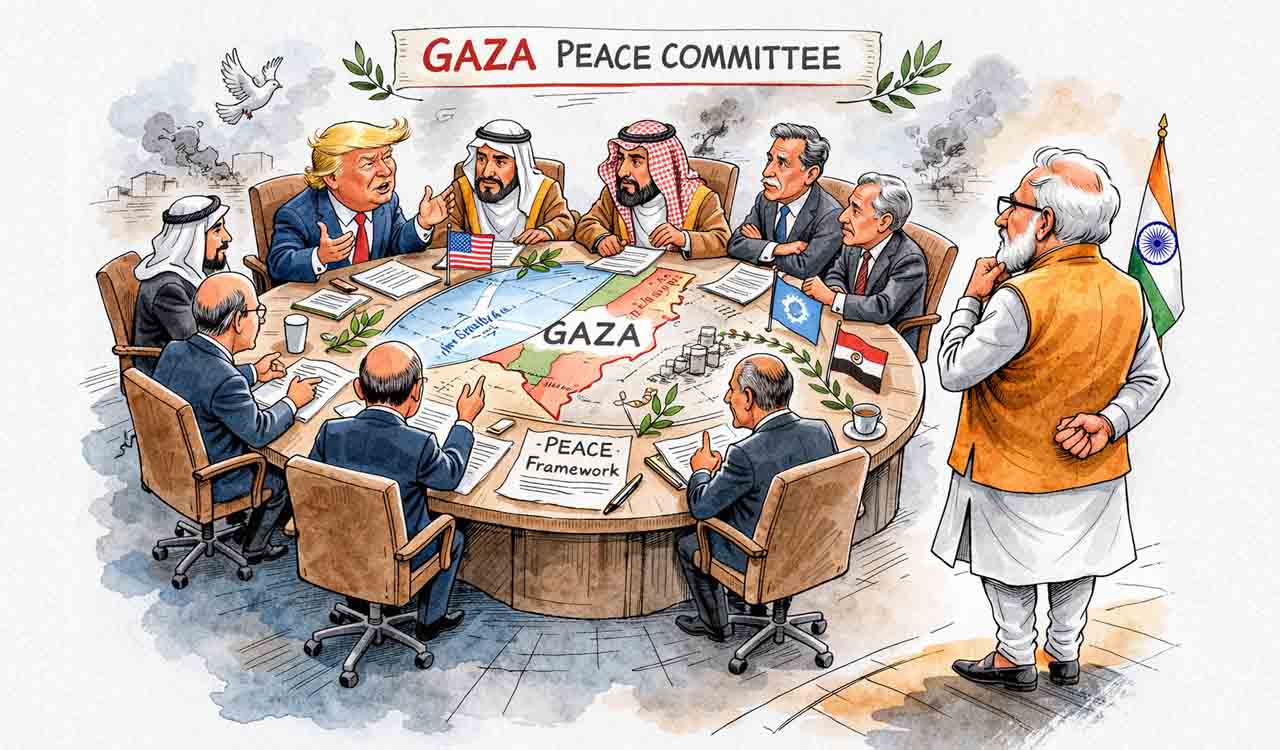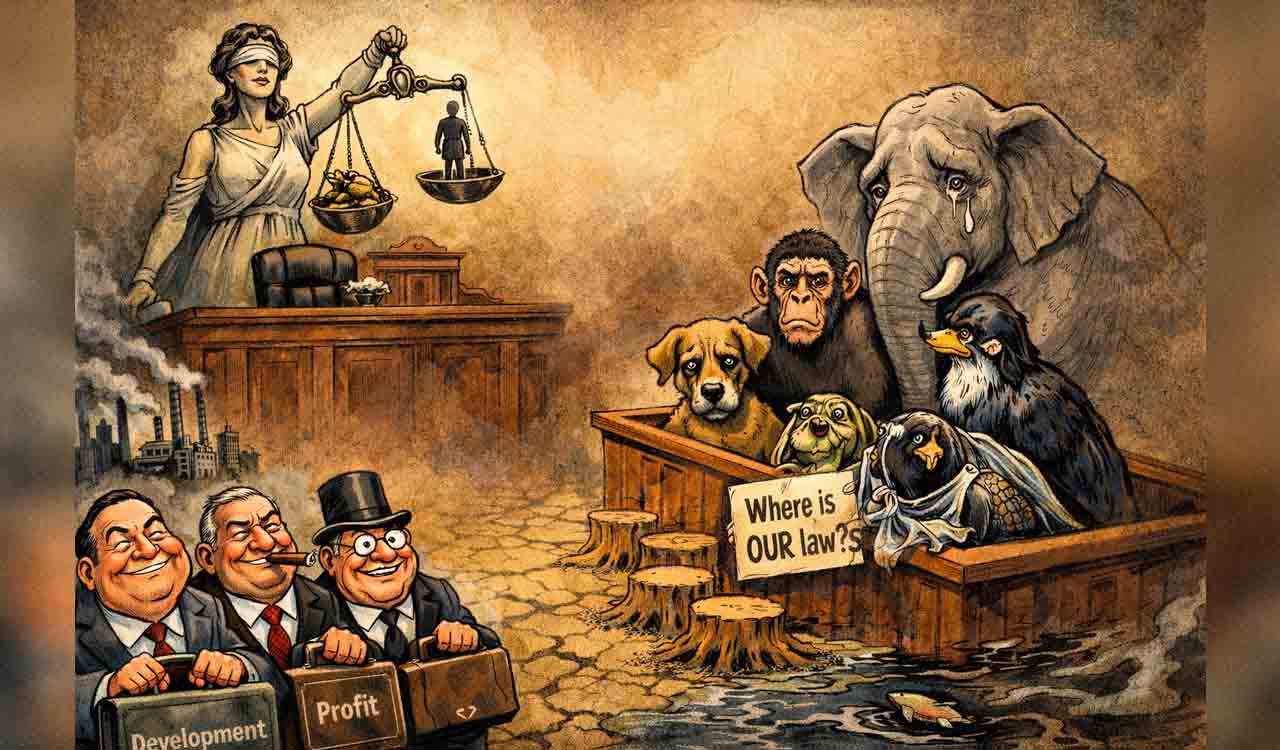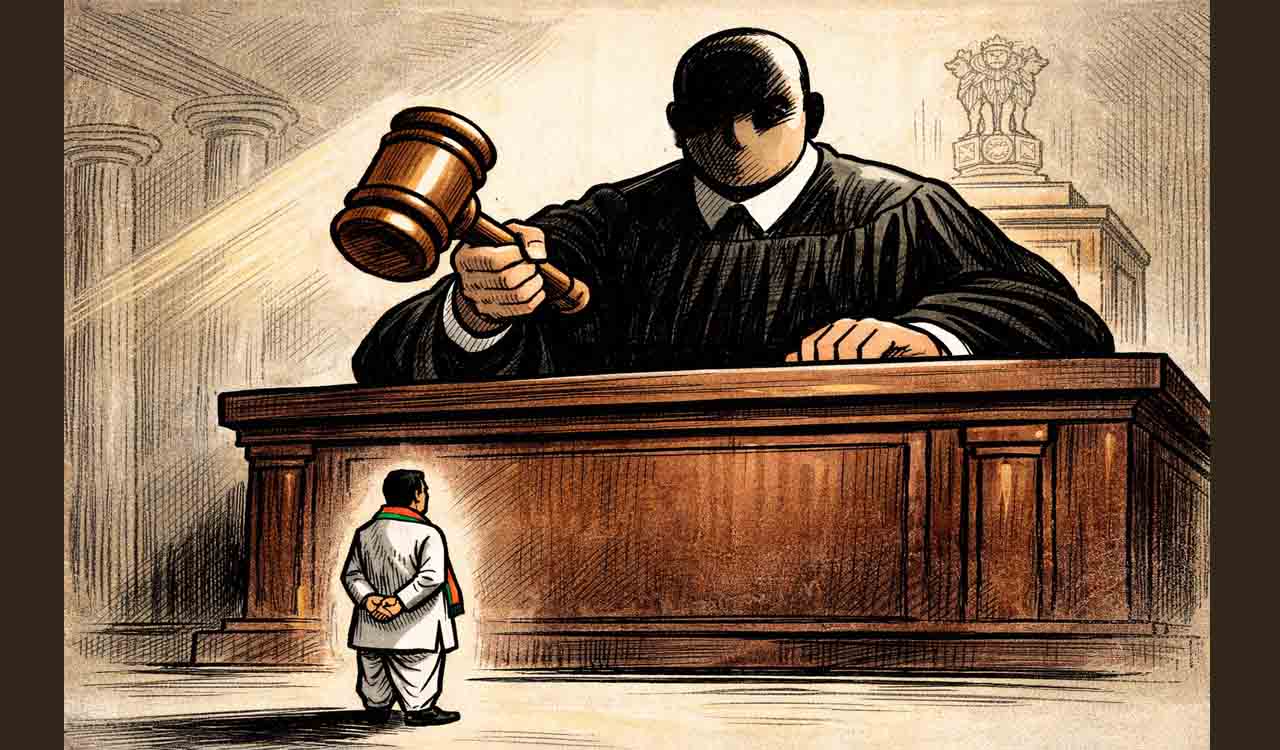Opinion: Democracy and Minorities
Democracy is not without flaws, but it offers the strongest mechanisms for minorities to protect their rights, seek justice, and ensure their voices are heard
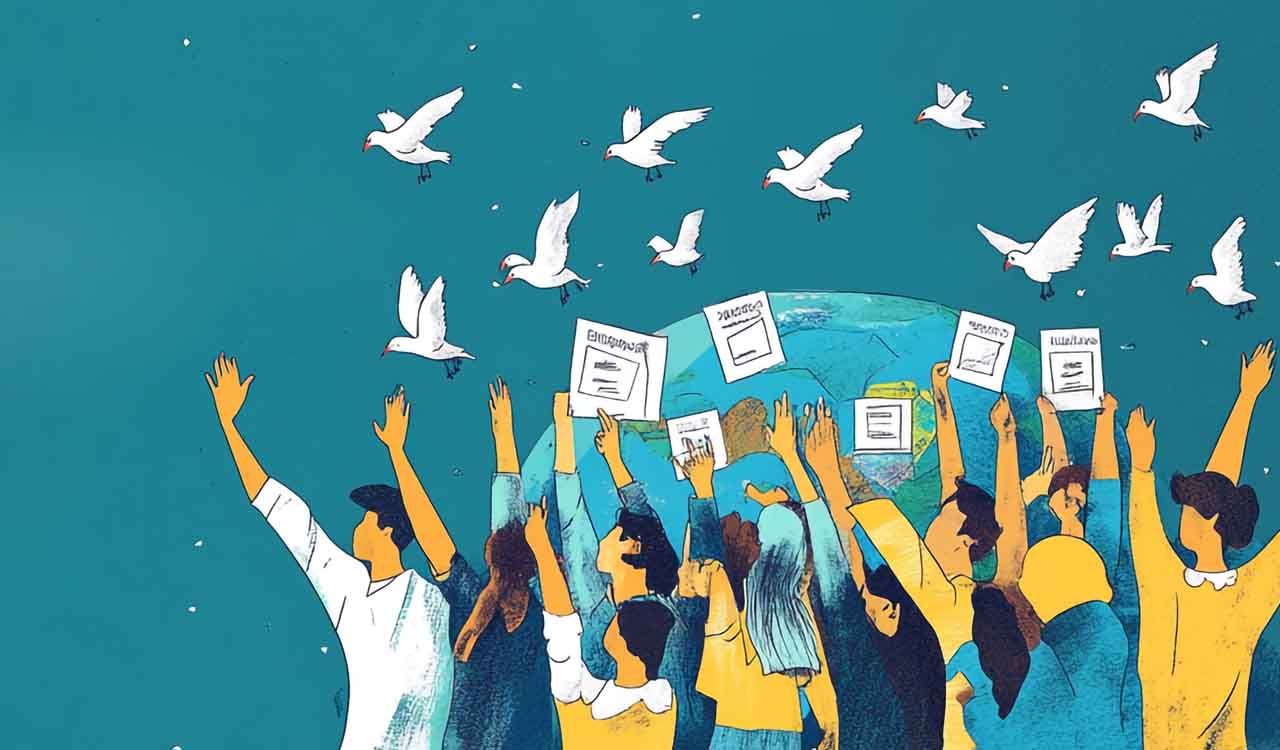
By Nadeem Khan
With the rise of populism and nationalism worldwide, the protection of minorities in democratic settings is an ongoing discussion among opinion-makers and social engineers. Some believe minorities are losing their cultural identity, while others hold the view that democracy is the best safeguard.
Also Read
Democracy, as a system of governance, is based on the principle of majority rule while protecting the rights of all individuals, including minorities. The survival of minorities in a democratic setup is both a challenge and an opportunity. On the one hand, democracies inherently involve decisions by the majority, which may risk marginalising smaller groups. On the other hand, the fundamental ethos of democracy also rests on the principles of justice, equality, and the protection of individual freedoms.
Impact of Democracy
Minorities — whether ethnic, religious, linguistic, cultural, or based on sexual orientation — often face unique challenges in democratic systems. The potential for marginalisation and unequal participation in the political process is a genuine concern. Nevertheless, democracies also offer tools to empower minorities to survive and contribute meaningfully.
At its core, democracy is about participation, accountability, and representation. In diverse societies, however, democracy can become hostage to majoritarianism. This means the will of the majority is respected, resulting in disproportionate benefits for them and sidelining the interests of minority groups. Even in democracies that protect minority rights constitutionally, social discrimination based on race, religion, ethnicity or other factors can limit the actual enjoyment of these rights.
Resurgence of Majoritarianism
The resurgence of majoritarian politics in many democracies poses a significant threat to the survival of minorities. Populist leaders often use divisive rhetoric, framing minorities as scapegoats for societal problems to rally support from the majority. This can result in policies that erode minority rights, foster intolerance, and encourage discrimination.
In some democracies, exclusionary nationalism has gained traction, where national identity is narrowly defined by ethnicity, religion, or culture. This can marginalise minorities and threaten their survival, as seen in instances of religious nationalism in parts of Europe and South Asia.
Political participation is one of the most powerful tools for minority empowerment — be it by voting, forming political parties, or joining mainstream parties
In many democratic societies, while laws exist to protect minorities, they are not always effectively enforced. Weak institutions, corruption, and bias within law enforcement or the judiciary can undermine the legal protections given to minorities.
Pathways Toward a More Inclusive Democracy
Surviving in a democratic setup as a minority requires resilience, organisation, and strategic engagement with the democratic process. While democracies are not without flaws, they offer the mechanisms through which minorities can protect their rights, seek redressal for injustices, and ensure their voices are heard.
Protection against Organised Violence
Minorities, whether defined by race, religion, language, or identity, often face significant vulnerabilities in societies, particularly when organised violence is targeted at them. This violence may arise from political, social, or ideological motivations and is often executed by extremist groups, state actors, or other organised entities. Protecting minorities from such threats is not only crucial for their survival but also essential for the health and stability of any society.
One of the most effective ways to protect minorities from organised violence is through robust legal frameworks that explicitly safeguard their rights. Constitutional provisions, anti-discrimination laws and hate crime legislation provide a deterrent for those who seek to engage in violence against minority groups.
- Hate crime legislation: Governments can enact laws that categorise violence motivated by race, religion or identity as hate crimes and subject them to severe penalties, sending a clear message that such actions are unacceptable.
- Anti-discrimination laws: These will ensure minorities have access to legal recourse when faced with violence or persecution. They will also empower law enforcement agencies to act against perpetrators of organised violence.
- Social Capital: Research indicates that violence is more likely to erupt in areas where social segregation or a ghetto mentality prevails. Common trade associations and social clubs must exist. There should be more opportunities for children and youth from different communities to play together. In cities known for their cottage industries, the majority and minority communities should complement each other in a trade. The basis of unity should go beyond the features that classify them as minority or majority. Minorities should consciously try to dispel misconceptions about their culture, religion, customs, and traditions. It can be best achieved by being more communicative and training in public discourse. Clubs/associations that focus on shared interests must come up. For instance, members can form literary clubs. An English literary club can include South Asians, Arabs and even Chinese while a Hindi literary club can have participants from diverse religious backgrounds, such as Hindus and Muslims.
- Independent judiciary: In countries where the rule of law is strong, an independent judiciary can ensure fair enforcement of laws, allowing minority groups to seek justice without fear of reprisal. Judicial independence is crucial in cases where state actors may be complicit in organised violence.
International Human Rights Mechanisms
In cases where domestic legal systems fail to protect minorities, international human rights mechanisms can offer a lifeline. Organisations such as the United Nations (UN), the International Criminal Court (ICC), and non-governmental organisations (NGOs) play a vital role in monitoring, documenting, and intervening in cases of organised violence against minorities. Numerous examples of UN intervention through peacekeeping operations have been documented, such as Kosovo, South Sudan, and Sierra Leone.
Political Participation and Representation
Political marginalisation often precedes organised violence against minorities. One of the most potent ways for minorities to secure their survival in a democratic setup is through political participation. Minorities must engage in the political process by voting, forming political parties, or joining mainstream parties to advocate for their interests.
Countries with proportional representation systems often see better minority representation in parliament or local government because political power is not concentrated solely in the hands of the majority. For example, in New Zealand, the mixed-member proportional representation system has allowed the Māori and other minority groups to have a significant voice in the government. Moreover, minority leaders who win elections can directly influence policy decisions, advocating for the rights and needs of their communities. Representation is not just symbolic — it is a practical means to ensure that government decisions reflect the diverse realities of all citizens.
Protecting minorities in a democratic system requires a multifaceted approach involving legal frameworks, community building and political engagement. While challenges are immense, the strategies outlined here offer a foundation upon which minorities can safeguard themselves against organised violence.
Ultimately, governments, civil society, and the international community must collaborate to create an environment where marginalisation is no longer tolerated, and minorities can live with dignity, safety, and equality. Only by fostering inclusive, just, and equitable societies, can we have a strong and self-reliant nation.
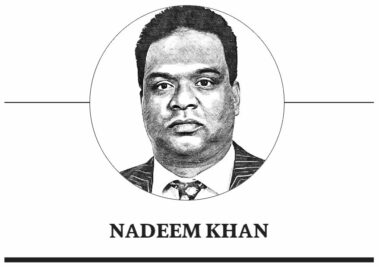
(The author is a finance professional based in Toronto)
Related News
-
India face South Africa in crucial T20 World Cup Super Eight clash
21 mins ago -
Rain forces washout in New Zealand-Pakistan T20 World Cup match
24 mins ago -
Hyderabad’s Nehru Zoological Park welcomes real-life ‘Rafikis’
26 mins ago -
India clinch first Women’s T20I series victory in Australia since 2016
26 mins ago -
Sowmya selected for Indian women’s football team for AFC Cup 2026
29 mins ago -
Lohitha Sai wins girls’ recurve gold at CM Cup archery
32 mins ago -
Revanth Reddy at DCC’s training programme
33 mins ago -
Registrations open for National Esports Championships 2026
35 mins ago

